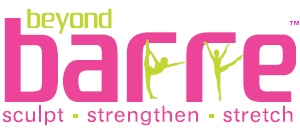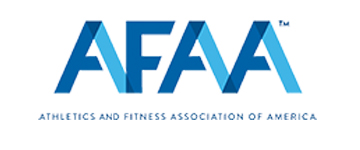Physical Fitness and Addiction Recovery: How Can Exercise Help
BeyondBarre Contributing Author, Susan Treadway (rehabholistics.com)
Want to give your body a boost during recovery? Adding a fitness plan can help you power through.
We all want to look and feel our best. If you are recovering from addiction to drugs or alcohol, you’re taking a big first step toward feeling better, but have you thought about ways to help you look and feel your best? Physical fitness can play a big role in helping you achieve your addiction recovery goals, while helping you feel healthier all the way around. If you want some easy ways to blend a fitness plan with your rehabilitation efforts, keep these key points in mind.
Fitness Gives You Self-Esteem and Control
Have you always struggled a bit with self-esteem? Feeling out of control while fighting your addiction? Creating a workout plan can help. When people make an effort to get into better shape, you can see them transform over time. They become more confident, stand a little taller, and carry themselves with more strength. Many people are amazed at the way they can sculpt and mold their muscles with exercise. For those recovering from addiction, this boost in confidence and control can be a real game changer.
Physical Fitness Can Have Psychological Benefits
Whether you’re battling an addiction or fighting to stay fit, your mental health plays a major role in your success. Anxiety and depression can bring down your efforts to get clean and get healthy. It’s important to know when you should address any mental health concerns, but exercise can certainly help you out. When you work out, your brain produces more endorphins, “feel good” chemicals that keep you happy. Exercise is also an amazing stress reliever, giving you added mental health benefits, in addition to pumping up your heart and muscles.
Finding the Right Exercise Can Be Fun
Have you tried to exercise before but gotten bored? Boredom can kill your motivation to get healthy and can even be a trigger for relapse in recovery. That’s why it’s important to find effective workouts that keep you excited to exercise! Walking and weight training with some upbeat tunes can help, but try mixing it up with exercises that work your heart and muscles at the same time. Dancing, or dance-inspired workouts, can be a great way to blast those calories! You can even build a ballerina physique while getting your blood flowing with a challenging and fun barre class. Try different routines and different classes to keep yourself motivated to stay in shape.
A Strong Fitness Routine Can Keep You Healthy for Life
Getting fit can help you find your way through recovery, but staying fit can help you live a better life. Start with small steps and goals, then work your way up from there. Creating new, healthy habits takes time and patience, so give don’t give up on yourself too quick. If you can stick to a clean diet and regular workout routine, you’ll begin to see the positive changes in your body and mind. Once you’ve committed to these healthy habits, it will be easier to make better choices for yourself, like staying clean and staying healthy.
Round Out Your Routine With Self-Care
If you’re looking to stay strong and healthy during recovery and after, creating a fitness plan is definitely the way to go. But if you want to truly take care of yourself, don’t forget to practice some self-care. Find downtime to relax every once and a while. Take a long, warm bath or curl up with a good book, and try to get to bed on time. When you really start to feel frazzled, pause and take some deep breaths to help clear your mind.
When you make fitness a part of your health plan, you’re taking a first step to shaping a stronger body and a healthier mind. Finding fun ways to exercise, stay healthy, and reduce stress can make a big difference in your recovery. So sign up for a class, take a walk, or start dancing to find your way to better health!
Photo Credit: Unsplash



